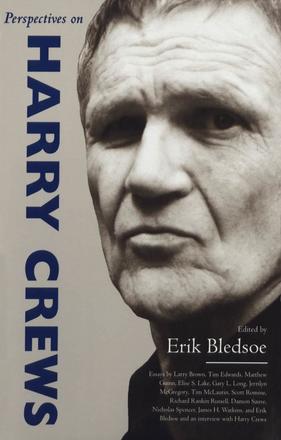
Perspectives on Harry Crews
Description
Critics have called Harry Crews a "mad genius" and "Flannery O'Connor on steroids. " His novels chronicle the southern world on the edge of insanity. His characters set out to eat an entire car on national television, attend rattlesnake round-ups, and become obsessed with training hawks when their suburban lives collapse. Crews has created a bizarre literary landscape, and this book is a critical collection devoted to helping readers traverse it.
Much of the previous critical work on Crews has focused on a rather narrow range of topics, primarily the grotesque elements. Here is an exploration of new avenues as well as revisits in Crew's unique literary terrains. Essays examine his redneck masculinity, the political implications in his writing, and his curious absence from the cutting edge of the present-day critical theory despite the richness of his novels in subjects generally of interests to these critical theorists. Other essays examine his literary naturalism, the impact on his work of the particular area of southern Georgia from which he hails, and the nature of his relationship with the British novelist Graham Greene, whom Crews long has claimed as one of the writers who influenced him most.
Born to sharecropper parents, Harry Crews lived in and writes about a South extremely different from the South of Scarlet O'Hara, William Faulkner, and Flannery O'Connor. Crew's world of the poor white is the place that before Crews wrote about it lacked its own published storytellers. In recent years, however, southern literature has experienced a "white trash renaissance" as writers from poor-white origins have been embraced in the southern cannon. Included here are essays by noted novelists Larry Brown and Tim McLaurin, who acknowledge Crews as a literary ancestor toiling the same fields and as a mentor offering help and encouragement.
Rounding out this collection are an interview with Crews, a critical bibliography, and two chapters from Assault of Memory, Crews' work-in-progress and the sequel to A Childhood: The Biography of a Place, his widely acclaimed memoir.